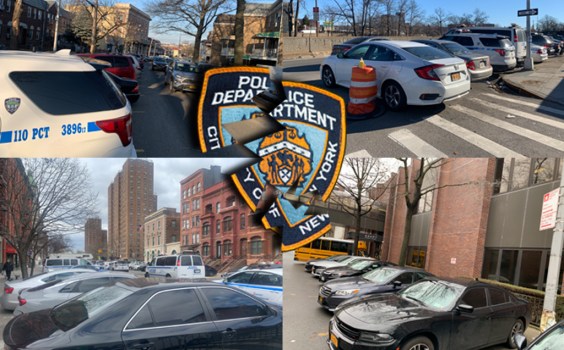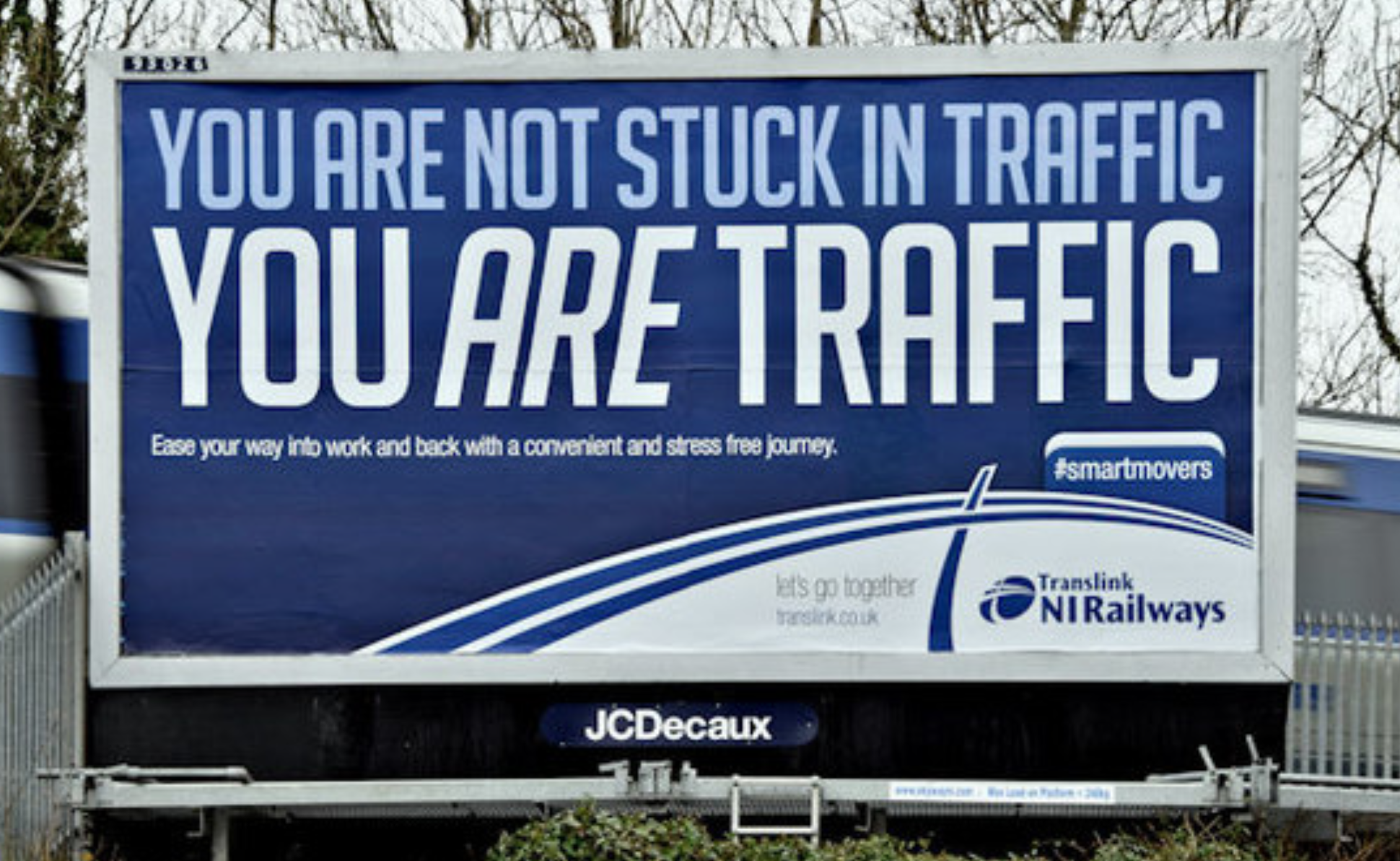The potential for a cap-and-trade climate bill to set aside significant amounts of money for reforming local land use and transportation planning is often touted by Democrats, environmental groups, and this particular Streetsblogger.
But what does Mary Nichols, chair of the California Air Resources Board and administrator of the state's landmark effort to cut emissions by changing development patterns, think of the idea of tackling sprawl via climate legislation?
"I don't necessarily think SB 375 [the California land-use bill] should be in a cap-and-trade bill," Nichols said today during a session of today's Transportation Research Board (TRB) conference devoted to climate change.
The provocative question of how important a congressional climate bill would be to transportation was first raised by EMBARQ program director Nancy Kete, a veteran sustainability advocate.
Asking the TRB audience to consider that "whatever happens on climate change really is not going to have much impact on transportation," Kete praised the climate bill's grants for transit and land-use planning but described them as unsuitable for achieving "significant, short-term" pollution reduction.
Nichols' uncertain perspective on the path to addressing transportation -- which produces 40 percent of California's emissions and 30 percent of total U.S. CO2 -- through climate legislation may surprise some, but it tracks with what she described as an "unsettled" political climate surrounding the issue of pollution limits.
Indeed, Nichols' remarks today emphasized the importance of a federal climate plan that did not attempt to preempt the regulations of individual states, and California is one of several seeking a go-slow approach to greenhouse gas restrictions from the Environmental Protection Agency (EPA).
So if climate change legislation, which faces considerable resistance from Senate Democrats, isn't the vehicle to begin remodeling the nation's transportation planning system, what is? Kete proposed a shift in focus to the six-year federal transport bill -- though its political future is as murky as the climate measure's.
Yet Kete's suggestion brought a telling remark from John Stoody, an aide to conservative GOP senator Kit Bond (MO).
Bond has fought the proposed Senate climate bill tooth and nail, releasing a report that used some dubious math to re-brand it as a "$3.6 trillion gas tax." Such heated rhetoric suggests that Bond would be opposed to higher fuel taxes in any form, but Stoody suggested that a gas-fee increase would be on the table to help fund a new transportation bill.
Referring to estimates that climate legislation would increase gas prices by anywhere from about three cents per gallon to 13 cents per gallon every year, Stoody said: "If the cap-and-trade bill is sucking that amount of money out of the system ... that much more money [is unavailable] to pay for a highway bill."
Stoody wondered aloud whether the climate bill's projected effect on fuel prices "actually hurt[s] prospects for a highway bill."
Given Bond's record, Stoody's assessment is unlikely to dissuade transportation reformers and green advocates from pursuing both a new transportation bill and a climate bill that dedicates new grants to local planning.
But Nichols' and Kete's inclination to look beyond Congress for emissions-cutting land use changes could signal the shape of things to come as the midterm elections approach and Washington's already meager appetite for political risk grows even thinner.





